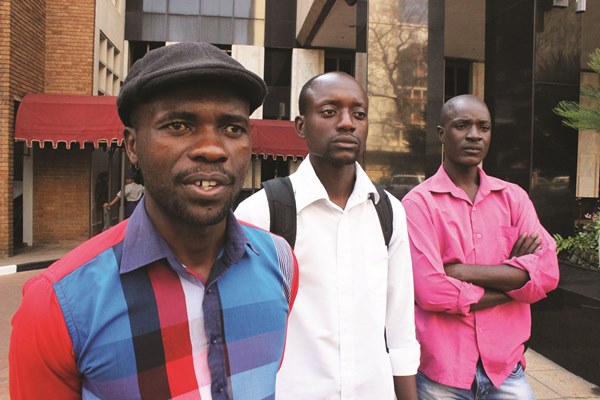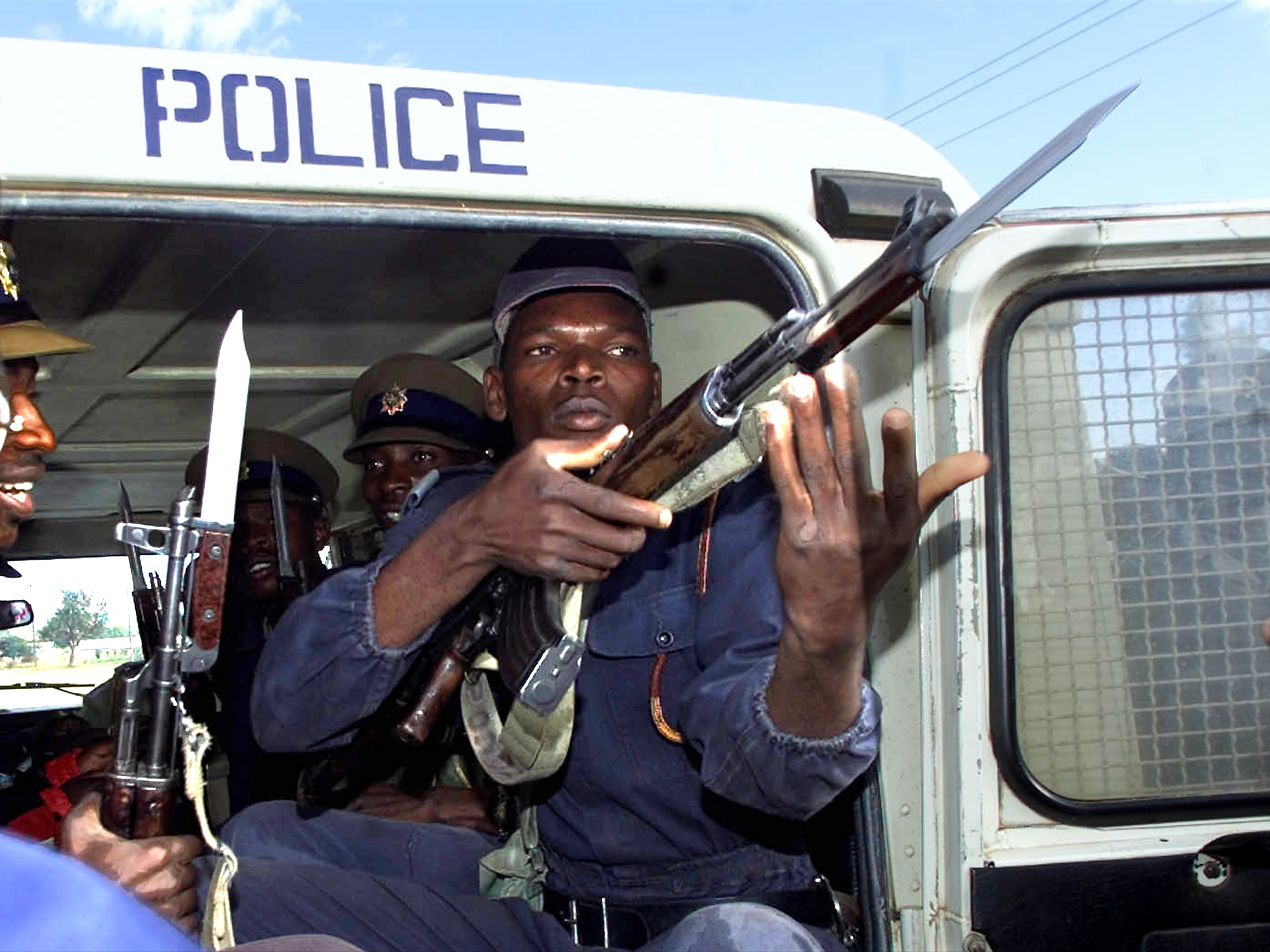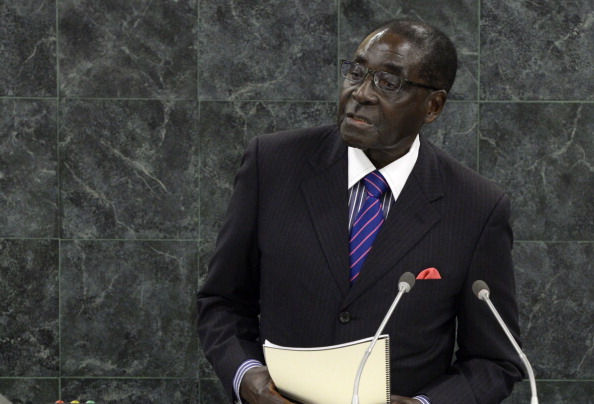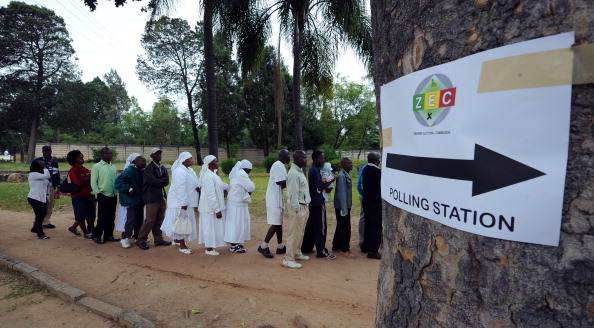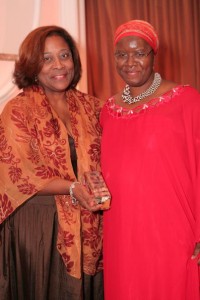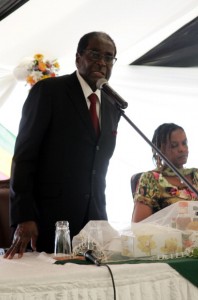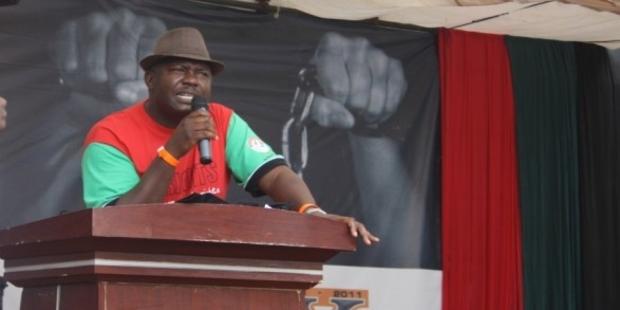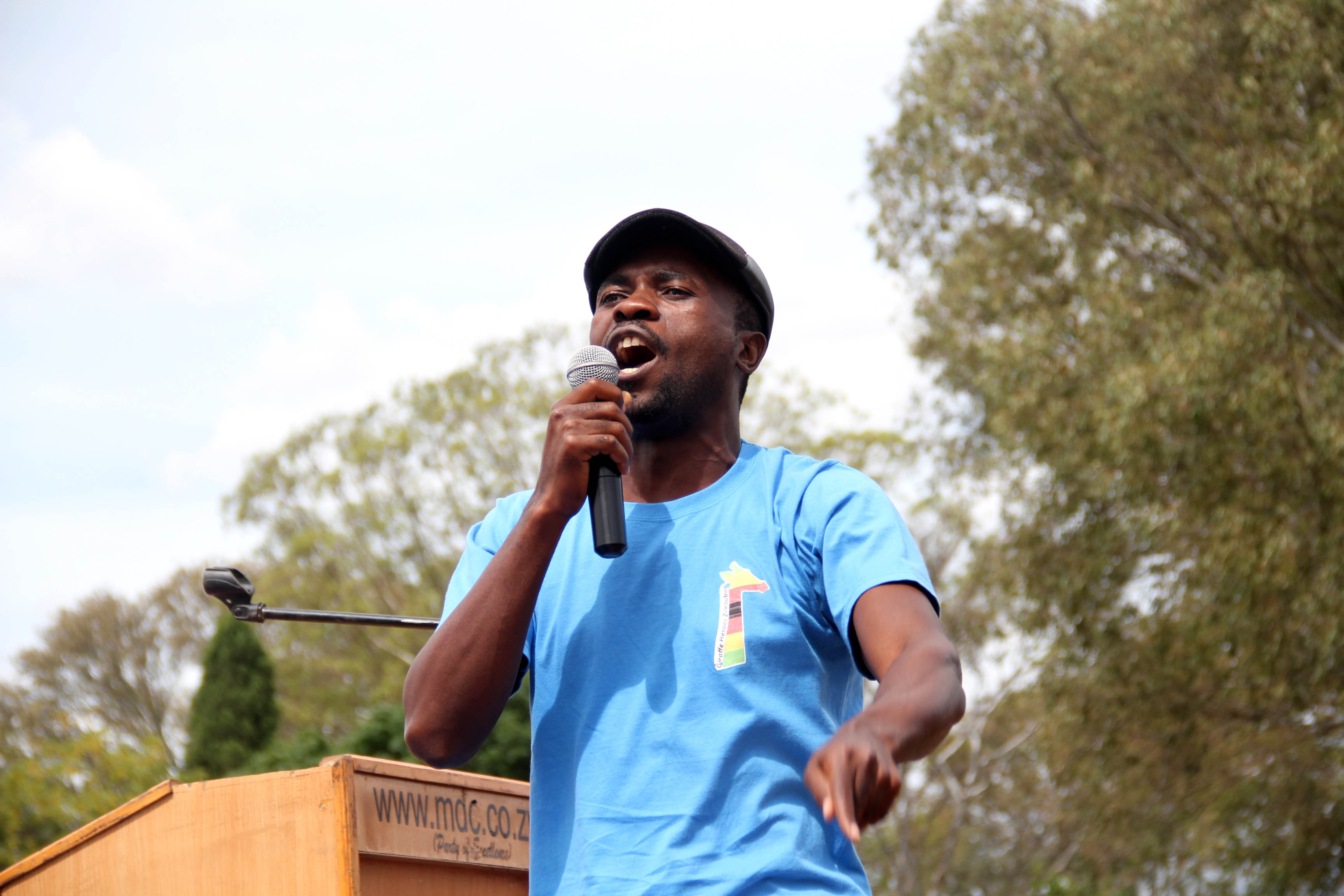
Itai Dzamara, Zimbabwean journalist, peaceful pro-democracy activist and leader of the protest group Occupy Africa Unity Square, disappeared on 9 March 2015 in Harare.
“I still have hope. I have forgiven the abductors. But I want to know where is Itai and what have they done to him. I will not rest until I know.”
Robert Mugabe, president of Zimbabwe for 36 years, turns 92 this month. His birthday celebrations are known as lavish occasions; last year his guests dined on baby elephant. This year, reports are the big event will occur this weekend in a stadium with a purported planned budget of $800,000. Mugabe’s personal photographer states he is planning a concert, a bash dubbed “Well done, Bob,” to honor Mugabe and his contributions. The festivities will occur in the wake of President Mugabe declaring a national emergency due to the drought gripping the region. An estimated 2.4 million Zimbabweans are in need of food aid to avoid starvation due to crop failures and livestock deaths. SEE THE REST OF THIS POST
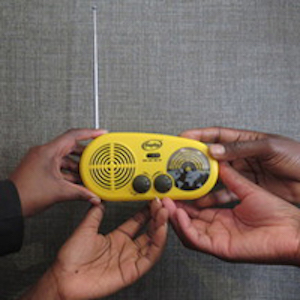 Community radio stations provide a
Community radio stations provide a 